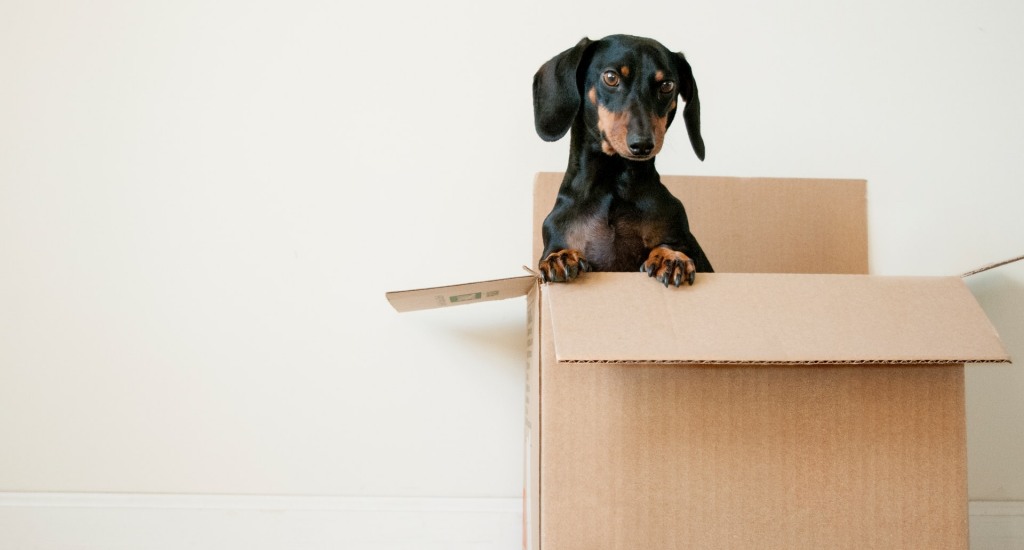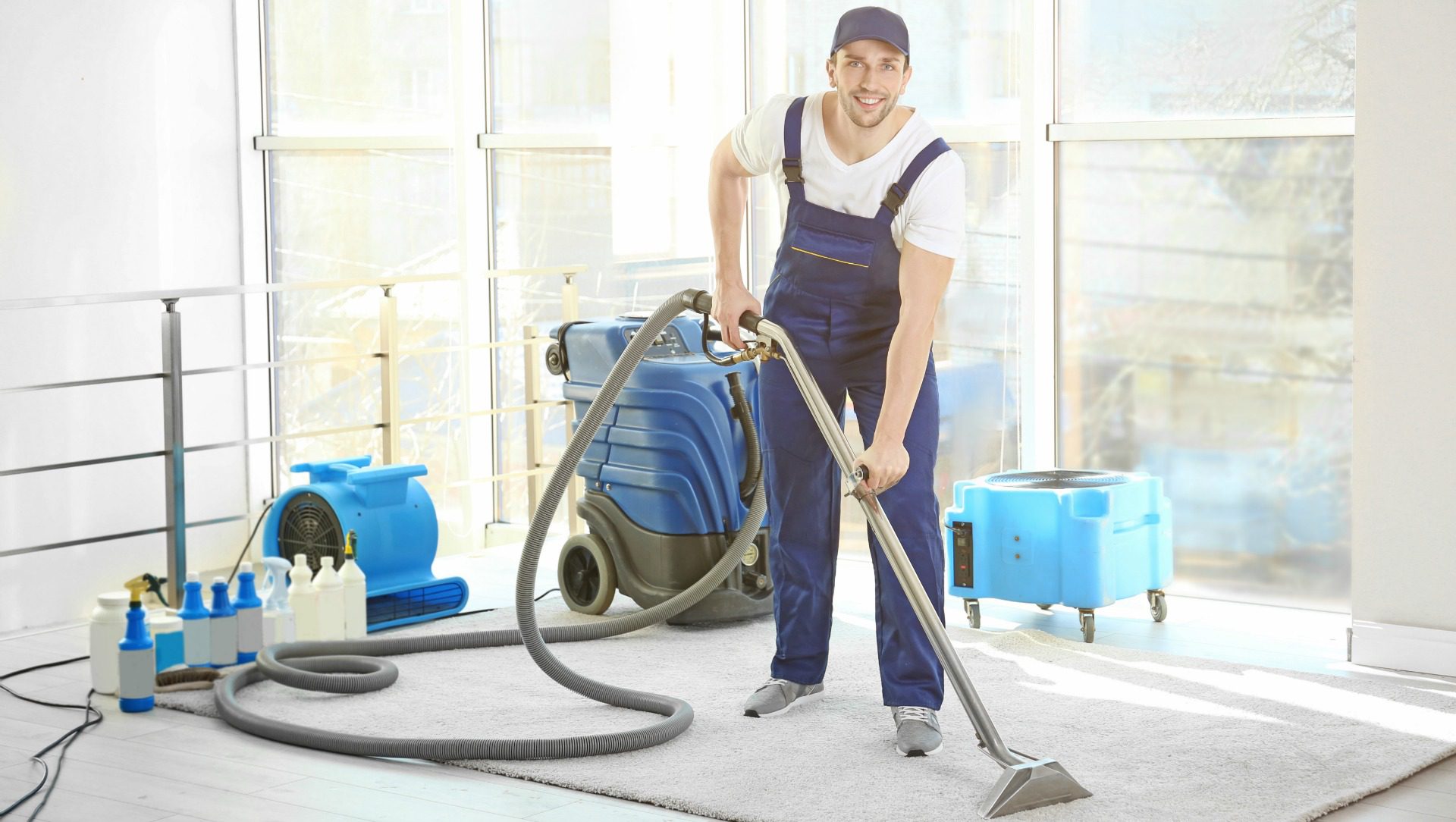Moving to a new home is exciting – you get a fresh start, new opportunities, and the opportunity to make your new place your own. That doesn’t mean it can’t feel great at times. Fortunately, there are ways to avoid the problem. Start early, make a plan, and do your best to make it easier.
We’ve been helping people get home for twenty years, so we thought we’d share our top ten tips for stress-free exercise.
Tip 1: Choose a moving company early on
Depending on when you plan to move, it can be difficult to make an appointment. After all, most people try to move on weekends, at school, or on holidays to create extra time. Don’t get caught up – plan ahead.
Picking a moving team may seem easy compared to all the other decisions you make, but choosing a professional is important. Your item will depend on the company you choose and to avoid damaging your property or property, or paying more than you expect, it is important to do some research.
Look at reviews from past customers, see what’s included in your moving offer, and ask if the company wants to do a review – that means someone comes to your house to assess how many items you have and whether you have the right size and van number team members on the day of your move.
Tip 2: Make a list
You may think that there are too many things to keep in mind while driving – after all, real life goes on with your itinerary. To avoid stress, make a list of everything you need to do and think about your schedule. You may have just accepted your offer and stayed for months to complete it. However, that doesn’t mean you have to wait a week to prepare before moving on.
Tip 3: Declutter in advance
Cleaning your home of old, unwanted, or unnecessary items before you move can save you time and stress, but also money!
By donating, recycling, or throwing away things you don’t need, you reduce the amount of stuff you have to move. The less material you have, the smaller the van and the fewer hours you will need to transport your team.
The easiest way to save money while traveling is to not pay to have the things you don’t throw away until you get to your new home!
Tip 4: Create a packaging plan – and start early
Packing always takes more time than you think, so it’s best to start as soon as possible. When you’ve cleaned up everything you no longer need, it’s best to start with the space you’re using the least amount of.
Packing up these spaces and using them to store boxes of stuff will do the least amount of damage to your life and allow you to get as much done as you can. When labeling the box, it is easy to summarize the above content, e.g. B. “Kitchen stuff”, but this may not help if you need to prioritize disassembly!
Label the box with the room you plan to fit into your new home and indicate a few things to see what’s inside. You’d thank us if you didn’t have to open the fifteen boxes labeled “Kitchen” to find a box with dishes!
Try not to mess with your box! They can be tempting to fill, but try small boxes for heavier items and large boxes for lighter items. Otherwise, you run the risk of the box breaking and injuring anyone carrying it and potentially damaging your property.
Tip 5: Think about what you can’t move
There are some things that the moving team doesn’t transport. This includes things like harmful substances, soil plants, paint cans, or chemicals. Paint pots can often be donated to a charity so you don’t feel like it all has to be wasted.
If you can’t stand leaving your plants behind, you’ll need to remove most of the soil, wrap the plants in plastic pots to keep them from moving and transport them in your car.
Think about the safety of your moving team and yourself – not just the weight of the box, but also the items you’re moving. When packing garden tools, be sure to clean them and pack them safely. Large gardening equipment such as lawn mowers or gasoline-powered devices should be emptied and cleaned prior to transport. If you are packing a knife, pack it carefully and mark the contents of the box.
Tip 6: Deal with documentation
Keep all important documents such as passports, deeds, wills, and insurance papers in a box or file for easy access. Then it has to be placed somewhere you won’t lose it.
It’s also a good idea to make electronic copies of important documents by scanning and storing them on a USB or cloud storage such as Dropbox so you can always access them.
Tip 7: Take time to clean up
If you can manage to negotiate the overlap, when you receive your new house keys and leave your old one, it can change the world in your stress levels. If you get into your new home a little early, you can enjoy it to the fullest and have a good clean before you move your furniture.
Remember to separate your detergent before you head out for the day so you don’t pack it!
If you clean the house before all the boxes and furniture arrive, there are no bad surprises on moving day. It also means that you can list catches when evaluating properties.
If you have access a few days before your move, you can arrange any deliveries ahead of time. If you need to order new equipment or measure blinds, rugs, or something else, use the free space and order. You can take help from removalists to make your home moving an easy and stress-free process.


